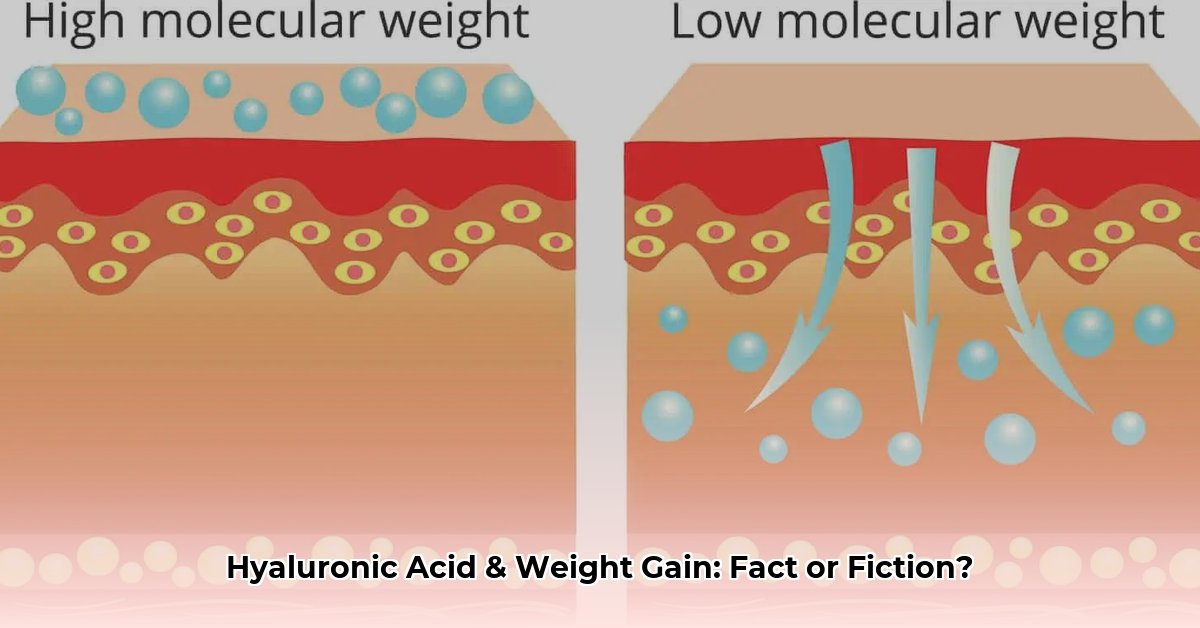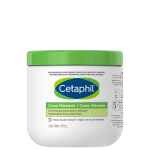Debunking the Hyaluronic Acid Weight Gain Myth: No, hyaluronic acid does not cause weight gain. This misconception likely stems from hyaluronic acid’s impressive ability to retain water, leading some to confuse hydration with weight gain. Let’s separate fact from fiction and explore the science behind this beneficial substance.
What is Hyaluronic Acid?
Hyaluronic acid (HA) is a naturally occurring substance found throughout your body, particularly in your skin and joints. It’s a type of carbohydrate called a glycosaminoglycan, a long, unbranched polysaccharide. Crucially, it contains zero calories. This means it cannot directly contribute to weight gain, as weight gain results from consuming more calories than your body expends. HA’s primary function is to bind water, acting like a sponge to keep tissues hydrated and lubricated.
Why the Confusion? Water Retention vs. Weight Gain
The misconception that HA causes weight gain likely arises from its water-retaining properties. After HA injections, for example, you might experience some temporary swelling at the injection site. This is localized water retention, not actual weight gain. Think of a dry sponge: when you add water, it expands and feels heavier, but it hasn’t gained any new sponge material. Similarly, HA attracts and holds water within your tissues, leading to increased hydration and a plumping effect. This is not the same as accumulating fat.
To further clarify, consider the following:
| Feature | Water Retention from HA | Weight Gain (Fat Increase) |
|---|---|---|
| Cause | HA attracting water molecules | Calorie surplus (consuming more than you burn) |
| Location | Localized (skin, joints, injection site) | Systemic (throughout the body) |
| Duration | Temporary | Persistent until calorie deficit is achieved |
| Impact on Health | Generally beneficial for skin and joint health | Potentially negative, depending on extent |
How Hyaluronic Acid Might Actually Help with Weight
Interestingly, some preliminary research suggests HA may even support weight management. One theory is that HA might promote feelings of fullness, potentially curbing appetite and calorie intake. Another is that by improving joint lubrication, HA can make exercise more comfortable, possibly encouraging increased physical activity. While more research is needed to confirm these potential benefits, the idea of HA causing weight gain is unfounded.
Different Forms of Hyaluronic Acid and Their Uses
HA is available in several forms, each with its own benefits:
-
Topical (Creams/Serums): Applied directly to the skin. Benefit: Improves skin hydration and reduces the appearance of wrinkles.
-
Oral (Supplements): Taken as a pill or capsule. Benefits: May support joint health and skin elasticity.
-
Injectable: Injected into the skin or joints. Benefits: Reduces wrinkles (dermal fillers), eases joint pain (viscosupplementation).
-
Eye Drops: Used to alleviate dry eye symptoms.
-
Intimate Use Products: Can address vaginal dryness.
None of these applications will cause weight gain. They deliver HA to different parts of your body to improve hydration and function.
HA Safety and Considerations
HA is generally considered safe. However, like any substance, mild side effects like redness or itching at the application site are possible. If you’re pregnant, breastfeeding, or have underlying health concerns, consult your doctor before using HA products. Individual responses to HA can vary, and a healthcare professional can offer personalized advice.
The Bottom Line: HA Hydrates, It Doesn’t Add Pounds
Let’s be clear: hyaluronic acid does not cause weight gain. It’s a naturally occurring substance that supports healthy hydration in your body. Any perceived weight increase after using HA is probably due to temporary water retention, a natural process. If you’re experiencing weight changes, consider factors like your diet and exercise habits, not your hyaluronic acid serum or supplements. As always, consult a healthcare professional for personalized guidance. While research on HA is ongoing, current evidence strongly supports its safety and dismisses the myth of HA-induced weight gain.
No videos found for the given keyword.
- Mindfulness Activities PDF Offers Free Worksheets and Exercises - February 23, 2026
- Meditation Guide Book Picks from Top Mindfulness Teachers - February 22, 2026
- Best Books to Start Meditation for Beginners and Skeptics - February 21, 2026













